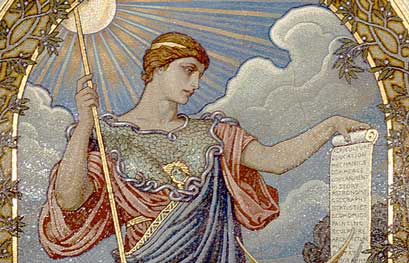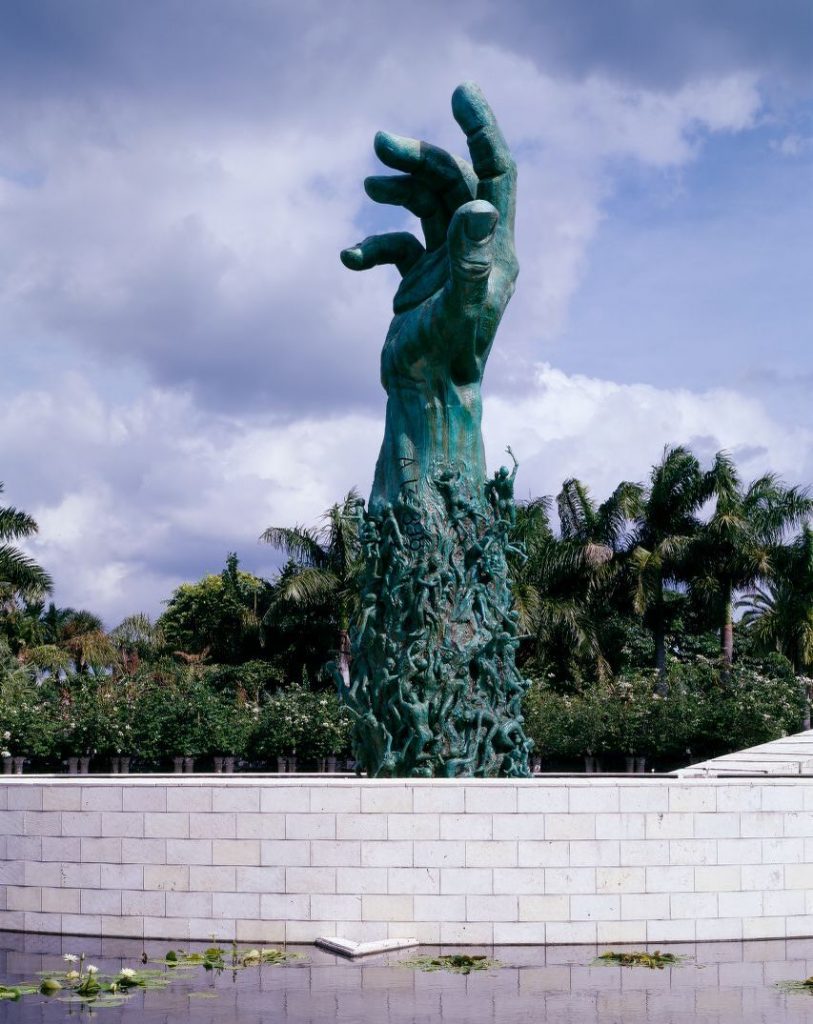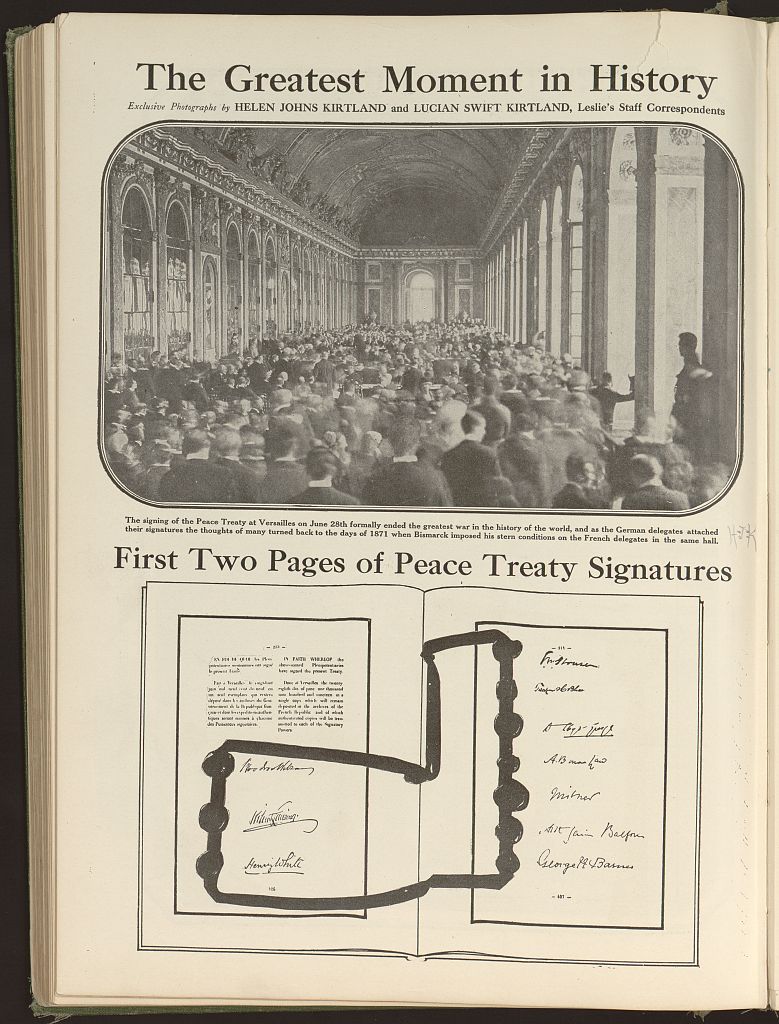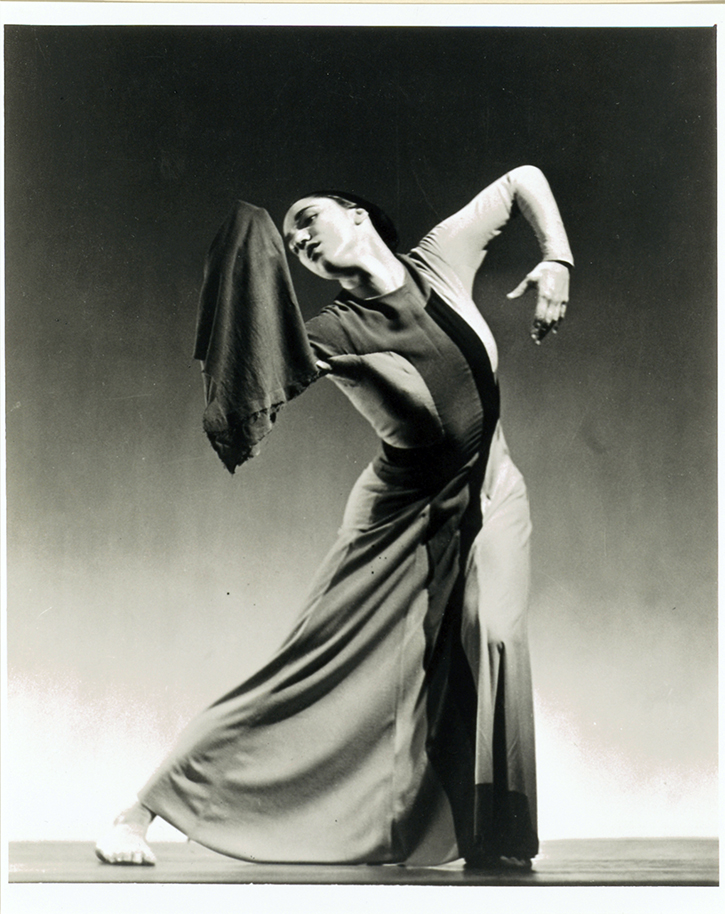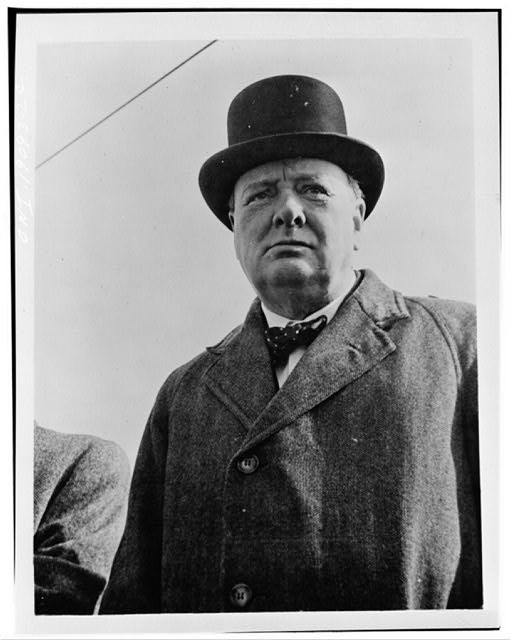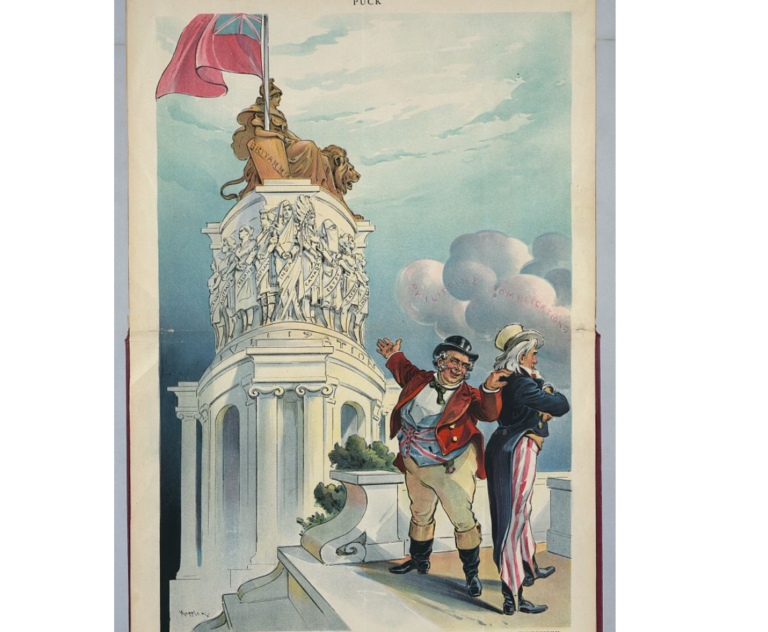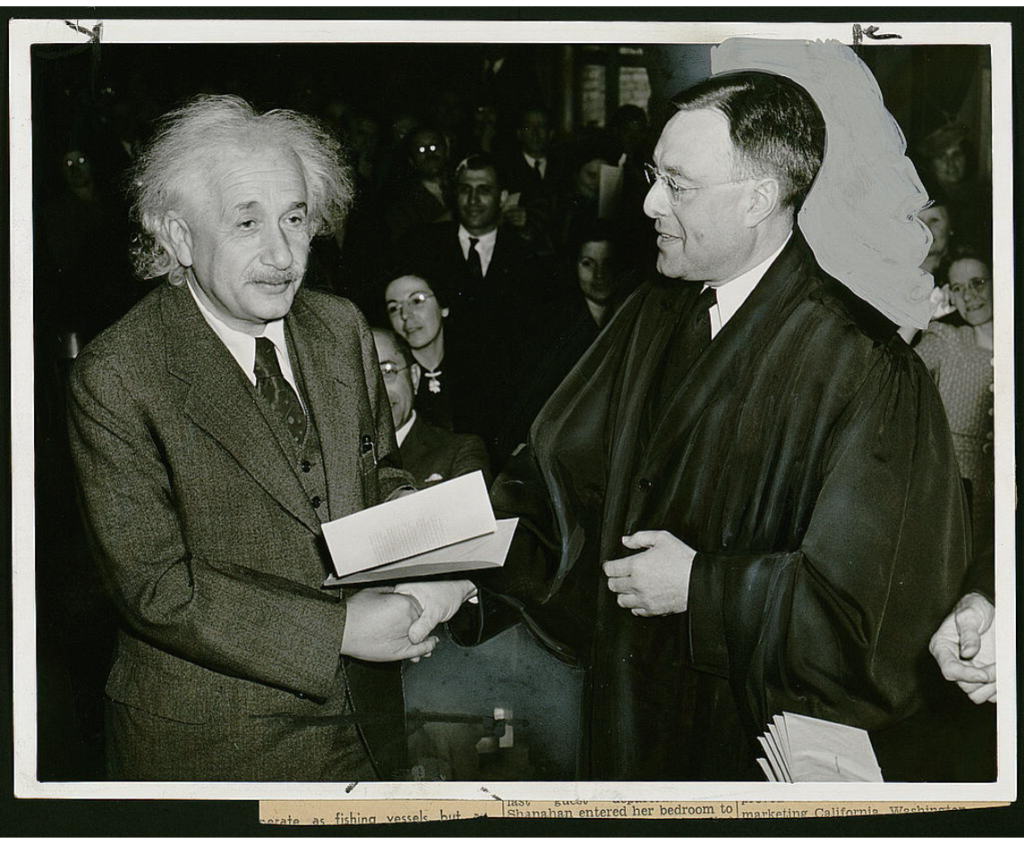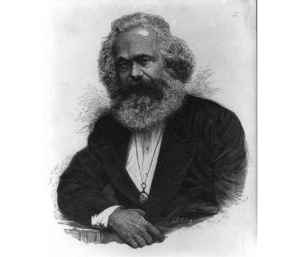The Breakaway Cafe is the name for a place to chill in this course. In this time of Covid sometimes we all need to take a break. Breakaway Cafe is such a place. Historians are people who tell (true) stories. But in Breakaway Cafe, I tell short stories that are often fiction, narrated by yours truly just because yours truly wants to tell them.
You DO NOT have to pay any attention to Breakaway Cafe posts, because they have nothing to do with the course and none of them “are on the exam.” Also, you don’t have to chill, and that’s what Breakaway Cafe is all about. Humans love stories, though, and I would just like to contribute to that because audio narration, as well as telling stories that are fiction is a hobby of mine, in another life of mine.
In this first episode I narrate the first chapter of Charles Dickens’s “A Tale of Two Cities,” a chapter called “The Period.” This novel about people caught up in the maelstrom of the French Revolution was not published as a complete novel originally but was serialized like a magazine, with chapters coming out, one at a time over many months. They were like episodes in a mini-series that could not be binged. So in listening to this episode, you are listening to the novel as Dickens originally intended and as its first readers received it.
Dickens was also an actor, and his first love was theater. So, when there is dialogue (not in the first chapter), I am going to be playing the parts as he intended, with many different voices. Eventually I will add more chapters (as I record them, because I am just beginning to do so, for a public domain web site called Librivox.org). By the way, this is a non-commercial site for which nobody makes any money. It is a site just to make the world a better place, gratis.
I am no Simon Callow, the dean of writers and narrators of the works of Dickens. But, then again I don’t charge for my performances. They are just designed to provide moments of respite and chill in this Breakaway Cafe.
